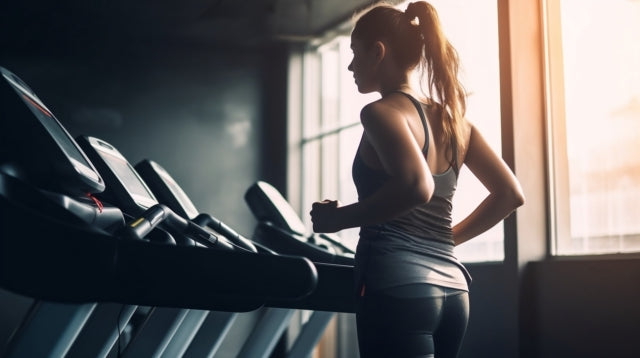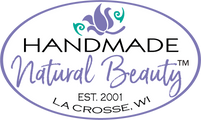
Post-Workout Recovery: How Baths Can Soothe Sore Muscles and Joints
After a strenuous workout, your body often craves relief from sore muscles and joints. While rest and hydration are crucial for recovery, there's another powerful ally in your arsenal: the humble bath. Bathing isn't just about getting clean; it's a therapeutic practice that can significantly enhance your post-exercise recovery routine. In this article, we'll explore how baths can soothe sore muscles and joints, providing you with the relaxation and rejuvenation you need after pushing your body to its limits.
-
Understanding Post-Workout Soreness: Before diving into the benefits of baths for post-workout recovery, it's essential to understand why your muscles and joints ache after exercise. Intense physical activity, such as strength training or high-intensity interval training (HIIT), can cause microscopic damage to muscle fibers, resulting in inflammation and soreness. Additionally, the buildup of lactic acid contributes to muscle fatigue and discomfort. Joint pain may also occur due to increased pressure and stress on the joints during exercise.
-
The Healing Power of Warm Water: One of the simplest yet most effective ways to alleviate post-workout soreness is by immersing yourself in a warm bath. The heat from the water helps to increase blood circulation, promoting the delivery of oxygen and nutrients to tired muscles. This improved blood flow aids in the removal of metabolic waste products, including lactic acid, which can contribute to muscle soreness. Additionally, the warmth of the water can help to relax tight muscles, reducing stiffness and discomfort.
-
Adding Epsom Salt for Enhanced Recovery: Epsom salt, also known as magnesium sulfate, is a popular bath additive praised for its muscle-relaxing and anti-inflammatory properties. Adding Epsom salt to your bathwater can amplify the soothing effects of your soak. Magnesium, a key component of Epsom salt, plays a crucial role in muscle function and relaxation. By absorbing magnesium through the skin, you can help replenish depleted levels of this essential mineral, promoting muscle recovery and reducing soreness.
-
Incorporating Aromatherapy for Relaxation: Enhance your post-workout bath experience by incorporating aromatherapy. Adding a few drops of essential oils such as lavender, eucalyptus, or peppermint to your bathwater can provide both physical and mental benefits. Lavender, known for its calming properties, can help promote relaxation and relieve muscle tension. Eucalyptus offers a refreshing scent that can clear the airways and invigorate the senses, while peppermint provides a cooling sensation that can soothe sore muscles and joints.
-
Practicing Mindfulness and Relaxation Techniques: Beyond the physical benefits, baths offer an opportunity to unwind and de-stress after a demanding workout. Take advantage of this time to practice mindfulness and relaxation techniques. Focus on deep breathing and allow yourself to be fully present in the moment. Visualize tension melting away from your muscles with each exhale, and embrace the sensation of weightlessness in the water. Incorporating gentle stretching or meditation can further enhance the relaxation response, leaving you feeling rejuvenated both mentally and physically.
Incorporating baths into your post-workout routine can be a game-changer for recovery. By harnessing the healing power of warm water, Epsom salt, aromatherapy, and relaxation techniques, you can soothe sore muscles and joints while promoting overall well-being. Remember to listen to your body and adjust the temperature and duration of your baths according to your preferences and comfort level. With consistent practice, you'll find that baths not only aid in recovery but also become a cherished ritual of self-care in your fitness journey.

